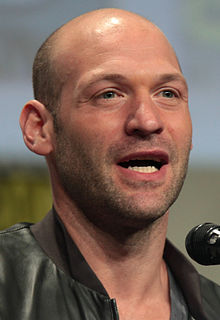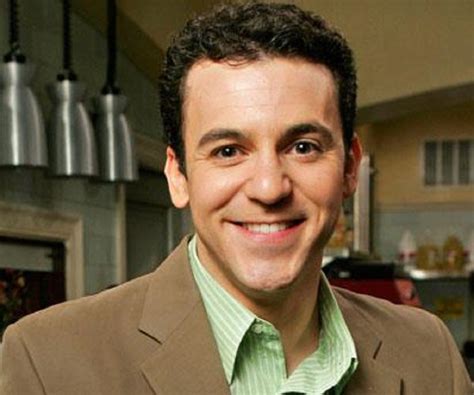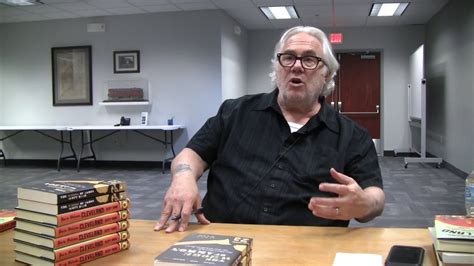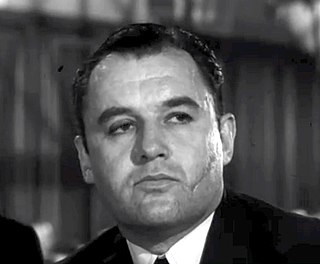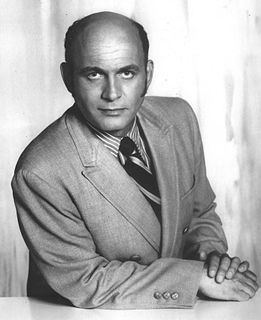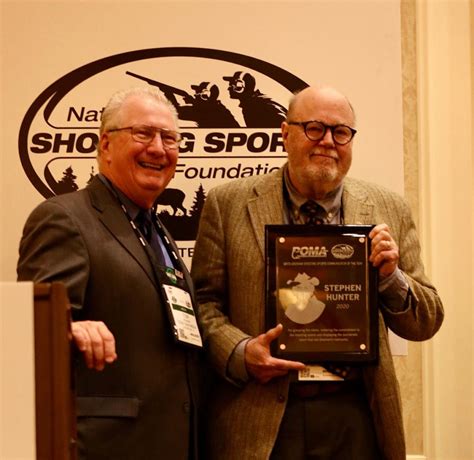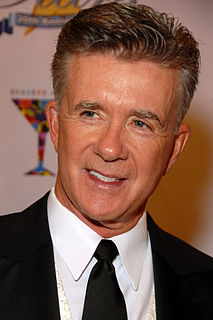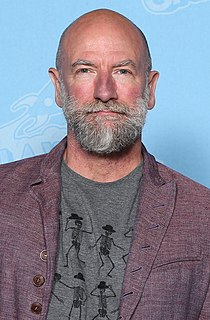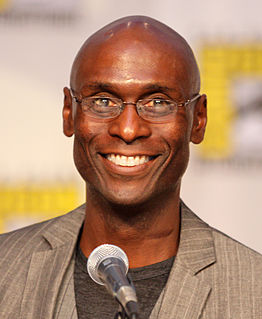A Quote by Corey Stoll
In some ways, it's easier to be the lead. Week after week, scene after scene, the rhythms of filming force you to peel away a certain amount of artifice. When you're on set that much, there's a license to let the character emerge from the work itself.
Related Quotes
Do I believe the execution will work out? Les Moonves said yes to Survivor based partly upon my show Eco-Challenge. He liked my way of filming outdoors. It was the first use of helicopters on a documentary with the gyro-stabilized lenses. And a certain beauty of filming, allowing the drops to fall from a leaf into a puddle, allowing a spider to weave a web. Taking the breath to allow that to happen rather than showing scene after scene.
I always thought the piano scene was kind of unique to shoot because we were actually able to film with the playback of the actual song. And that was quite amazing because it almost made it easier - music is usually something that is added after filming has finished so to be able to shoot a scene with music was really wonderful.
I remember the early 1980s, when I first got one of these fabulous film critic jobs. The downside was sitting through 'Splatteria III: The Dismembering of the Clampett Clan' or 'The Oklahoma Meatgrinder Massacre' or some such. The headaches unleashed by watching attractive kids die week after week after week cannot be imagined.
